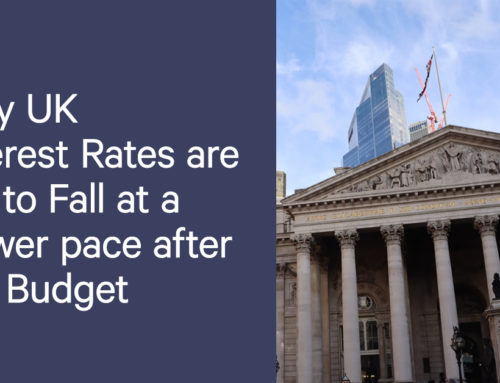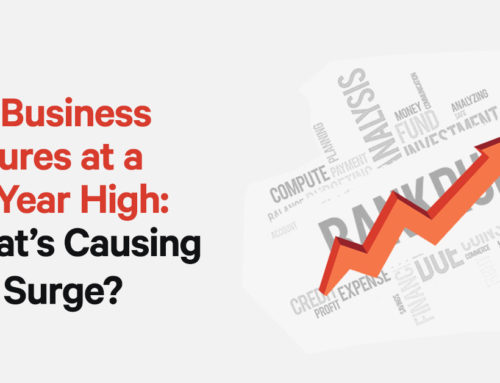In the early days of the pandemic, as the world came to grips with what was actually going to happen in terms of social life, family life and work, the government made adjustments in order to help people through such unprecedented circumstances. Whilst a lot of these were effective, there were also issues surrounding different schemes as well.
One of the major changes that helped a lot of people was the £20 a week increase to universal credit, which was implemented in order to support people through a difficult time. It ran through from the start of the pandemic all the way through until October 2021; however, there was controversy as the relief did not extend to disabled people on legacy benefits like Employment and Support Allowance (ESA) or income support.
There have been two organisations that have campaigned against this clear unfairness:
- The Disability Benefits Consortium; and
- Disabled People Against Cuts (DPAC)
There are arguments over the government’s decision to exclude legacy benefits from the scheme given the cost of living for disabled people tends to be higher because of their disability. Throughout this article, we will discuss the campaigns and what the court has said about the disputes.
The Initial High Court Appeal
The first appeal in the High Court was heard last year. Here, four ESA claimants took the government to court in order to challenge the decision in 2020 to exclude legacy benefits from pandemic support. The Claimant’s lawyers put forward that the decision was a clear example of unlawful discrimination, which is in direct contradiction with the European Convention on Human Rights.
If the Claimant had been successful in their case, then around 2 million people would be owed a back payment of £1560. That being said, in February 2022, it was ruled by the High Court that the DWP were justified in their differentiation of legacy benefits and universal credit. The court held that whilst discrimination could be seen in the government’s decision, it was justified given the purpose of the scheme was to assist those who had lost their jobs as a result of the pandemic and therefore had to begin claiming Universal Credit.
William Ford, a partner of Osbornes Law who acted on behalf of the Claimants, commented on the decision, describing it as a “devastating blow to more than two million people.” He went on to say that these people were unjustly deprived of additional help throughout the pandemic, and it is unfair that people on legacy benefits were treated in such a way.
DWP’s Response to the Outcome
Naturally, the DWP were happy with the outcome of the hearing and welcomed the court ruling in their favour. This decision came even though there had been clear evidence put forward that those who claimed legacy benefits were only given a modest income throughout the pandemic and therefore were subject to undue hardship throughout 2020 and 2021.
The Appeal,
The claimants have appealed the decision by the court but have made adjustments to their case in doing so. One of the most significant changes is the range of dates they are claiming. Originally, the Claimants argued that discrimination was present throughout the entire 18 months that the policy was in place. This would have led to the aforementioned back payments of £1500 each.
Now, they are only stating that the final nine months (from January 2021 to October 2021) were unlawful. This is because one of the arguments put forward by the DWP in the initial case was that it would have been impossible for them to raise legacy benefits at the same rate as universal credit, thanks to outdated computer systems.
If the claimants are successful in their appeal, then there are likely going to be some back payments sent to people who claim legacy benefits across the country. An extra £20 a week for the 9-month duration, which is being claimed, would result in damages of roughly £720 each.
Jamie Burton, who is also acting on behalf of the claimants, was happy to accept that technical problems could well have gotten in the way of an increase at first but that it should have been fixed in due course in order to prevent discrimination. He addressed the court in December, saying that the DWP should have acted at some point during the 18 months of the scheme.
When Will the Court Decide?
It can be difficult pinpointing a date on when the court might come to a decision, especially with a case as high profile and complex as this. The court will need to consider the evidence which was put forward in the initial hearing, which included accounts from those affected by the scheme, accounts from those working at DWP and statements surrounding the country’s reaction to the pandemic. Not only that, they are going to need to consider the Claimant’s new accusation that the problems with the outdated systems should have been resolved throughout the 18 months and therefore, the window for back payments is narrowed.
Given the hearing began on 7th December, we are likely going to hear an outcome in the next few weeks; however, it could be a couple of months. For more updates on this case and other case studies, be sure to keep up to date with our blog.
Did You Struggle Through Covid?
The scheme mentioned above was put in place in order to help people throughout the pandemic. There were a number of other programs put in place by the government during this time to help businesses and individuals alike, but as restrictions ease and these plans come to an end, a number of people are really starting to feel the effect of the pandemic.
If you need assistance with your finances as a result, then do not hesitate to get in touch with Leading UK. Our team of experts are on hand in order to provide assistance with your finances and help you get back on track. If you need further information or have questions, do not hesitate to get in touch.





